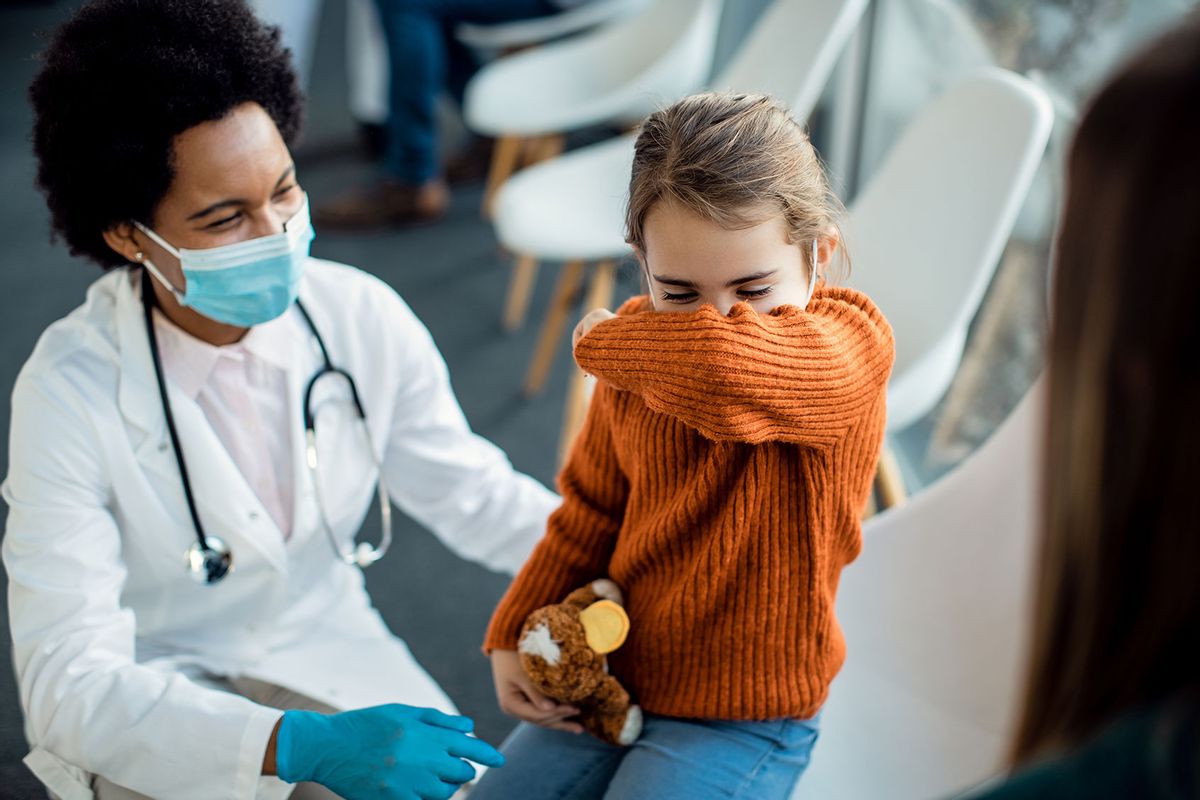On Thursday, the Centers for Disease Control and Prevention published concerning new figures on whooping cough — caused by Bordatella pertussis bacterial infections — in the United States. The agency has reportedly recorded the largest number of whooping cough cases in a single week since 2015, with some states attributing the sharp rise to the increased presence of students returning to school.
14,569 cases of whooping cough have been reported in total for 2024 so far — four times higher than the agency's reported totals from this time last year. Whooping cough can last for weeks to months, with symptoms normally appearing about a week after first being exposed to a contagious person with the infection.
"[W]e are not seeing evidence of a specific cluster or location or event. Cases have been identified all over the state and among children and adolescents in various settings," a spokesperson for the New York State Department of Health told CBS News.
As originally reported by the outlet, New York led the nation in the number of reported cases for the week ending Sept. 14, with a total of 44 infections recorded. The state's health department data shows that 40% of cases outside of New York City have been in teens aged 15 to 19 years old. However, one of the largest outbreaks has been in Pennsylvania, where state officials said many outbreaks were fueled by high school students and doctors have been urged to prepare for continued increases.
The CDC recommends pertussis vaccines for children and adults. The agency also recommends an additional per-decade booster shot of the anti-pertussis Tdap vaccine, which is says around 39% of adults have received in the last 10 years. A widespread failure to vaccinate children was previously linked to a 2010 whooping cough outbreak in California which resulted in more than 9,000 illnesses and the death of 10 infants.
A meeting was scheduled yesterday among a panel of experts with the U.S. Food and Drug Administration to discuss the development of additional vaccines.



Shares